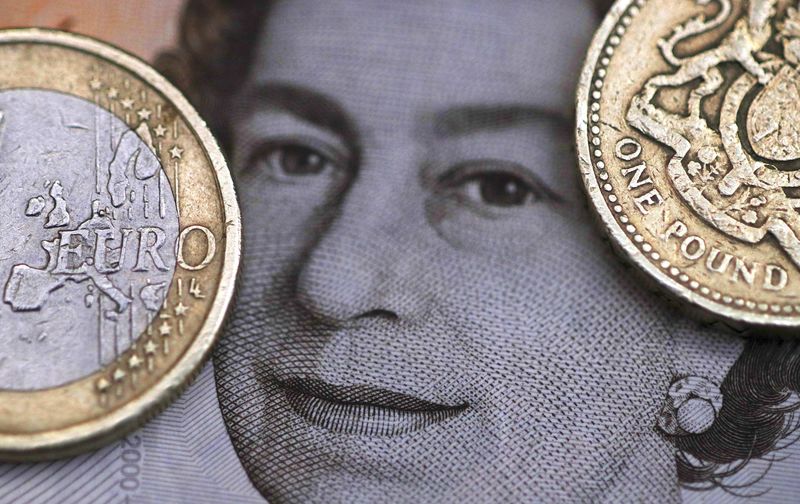Investing.com - Sterling struggled to hold onto its gains against most major currencies on Tuesday, following reports that consumer lending increased at its slowest pace for several months in August.
At 10:50 GMT, GBP/USD dipped 0.20% to 1.3438. Cable's intraday high was 1.3514.
August lending to consumers increased at its slowest pace for 5 months, industry data showed on Tuesday. Bank lending rose by 1.5% year-on-year in August, slowing from 1.9% in July. On Monday the Bank of England warned banks to better safeguard against consumer loan losses.
The British Bankers’ Association (BBA) saw an unexpected increase in mortgage approvals in August. Approvals rose by 41.8K, an increase on the consensus 41.7K.
The US dollar index, which measures the greenback’s strength against a basket of trade-weighted currencies, edged higher on Tuesday. The index was 92.81, up 0.40%.
The dollar rallied following last week’s hawkish Federal Reserve meeting that stated balance sheet reduction would begin in October, while also indicating that 4 rate hikes would take place between now and the end of 2018, with December looking like the most likely date for the third hike of 2017. Investors will be listening to FOMC members speaking later on Tuesday for further clarification on hikes, in particular the Fed Chair Janet Yellen.
The dollar was broadly higher against most currencies, despite North Korea tensions rising again. The Foreign Minister of North Korea stated on Monday evening that President Trump has declared war on the nation.
The euro continued its downward trend following the election result in Germany on Sunday. While Angela Merkel retained her chancellorship as expected, her CDU party decreased its share of the vote. Merkel had been in a Grand Coalition with the SPD, who also lost some of its vote share.
The SPD has declared it will sit in opposition and not form a coalition with the CDU. Merkel faces making a 3-party coalition with the business-friendly FDP and the Greens, a process which could take several months.
The nationalist and anti-EU Alternative for Germany party (AfD) increased its share of the vote to 13%, meaning it is now the third largest party in the Bundestag.
EUR/USD was down 0.48% at 1.1791, while the single currency also struggled against sterling. EUR/GBP slipped 0.25% to 0.8775.
The pound dropped against the Japanese yen, GBP/JPY dipped 0.17% to 150.23. It performed better against the Swissy, GBP/CHF was up 0.32% to 1.3056.
Sterling made gains on the commodity currencies. The New Zealand dollar was struggling as a result of its own election outcome. GBP/NZD was up 0.56% to 1.8637. GBP/AUD increased 0.25% to 1.7010.
GBP/CAD was down just 0.04% to 1.6652.
Brexit talks kicked off on Monday, the first meeting of David Davis and Michel Barnier since August. The talks were delayed to make way for Theresa May’s conciliatory speech in Florence on Friday where she agreed to an implementation phase.
Investors will be looking to see if sufficient progress will be made this week on the Irish border and citizen’s rights in order to begin trade talks.
